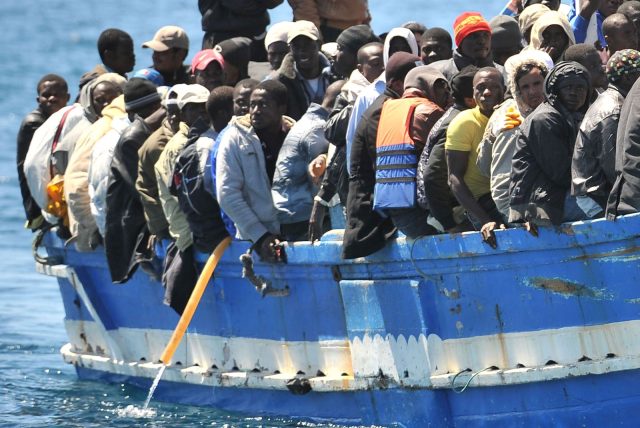
The European Union’s approach to asylum and migration has been significantly updated through the adoption of the New Pact on Migration and Asylum, designed to create a more equitable, efficient, and sustainable framework for handling these matters within the EU. The pact, proposed in September 2020 and agreed upon by the European Parliament and the Council in December 2023, aims to manage migration over the long term by providing clear, humane conditions for individuals arriving in the EU, and by establishing a common strategy grounded in solidarity, responsibility, and respect for human rights.
Key components of the pact include:
- **Screening Regulation**: Uniform rules for the identification of non-EU nationals upon arrival, increasing security within the Schengen area.
- **Eurodac Regulation**: An enhanced database for more accurate detection of unauthorized movements.
- **Asylum Procedures Regulation**: Streamlined asylum, return, and border procedures.
- **Asylum Migration Management Regulation**: A new solidarity mechanism among Member States to distribute the responsibility for asylum applications more evenly.
- **Crisis and Force Majeure Regulation**: Preparatory measures to better handle future migration crises.
The pact emphasizes efficiency and clarity in processing asylum claims, with a focus on establishing clear responsibilities and restoring trust between Member States. It includes new compulsory pre-entry screenings, faster asylum procedures at the border, and improved data management through the Eurodac database to combat irregular migration. Furthermore, it incorporates a legal guarantee for respecting fundamental rights, with independent monitoring mechanisms and individual assessments of asylum claims to protect access to asylum and other rights.
Solidarity among Member States is a cornerstone of the pact, with mechanisms for sharing the burden of migration through relocation, operational support, and capacity-building for asylum procedures. Tailored responses are planned for specific scenarios, including handling vulnerable persons discovered during search and rescue operations and easing pressures on Member States’ migration management systems.
This inclusive approach, integrating views from all stakeholders, marks a significant step towards resolving the longstanding political deadlock over EU asylum and migration policy, with the aim of ensuring that migration is managed in a way that is fair, effective, and aligned with EU values and international laws.
At the mini-plenary in Brussels starting on Wednesday afternoon, MEPs will debate and vote on an update of the EU’s asylum and migration laws. Among the proposed measures is a regulation on screening procedures for non-EU nationals at external borders. This preliminary agreement would allow member states to carry out checks on irregular migrants apprehended both at the external borders and within the country. The screening would include medical examinations, identity checks, security checks and the collection of biometric data, culminating in the referral of non-citizens to the appropriate asylum procedures or to return, depending on the situation. The ECR team points out that an effective screening regulation would allow for the rapid identification of persons with a low likelihood of being granted international protection, thus facilitating the return process for those who are refused access.
A dossier aimed at making return procedures in Member States more effective and uniform by introducing a border return procedure will also be discussed and voted on. The ECR Group expresses its concerns about this measure, stressing that for such a regulation to be truly effective, it is essential not only to make the border procedure compulsory, but also to implement significant improvements in return policy.
The European Parliament will consider and decide on how to deal with migratory emergencies by making changes to protocols and normal asylum management. This includes allowing longer time limits and more extensive use of specific procedures at the border. The proposed legislation also includes a revision of the burden-sharing mechanisms, which could mean that some Member States will be obliged to expand their resettlement programmes beyond what is fairly provided for. While recognising certain benefits, the ECR Group is concerned about the lack of clear guidelines on return policy.



 Subscribe
Subscribe